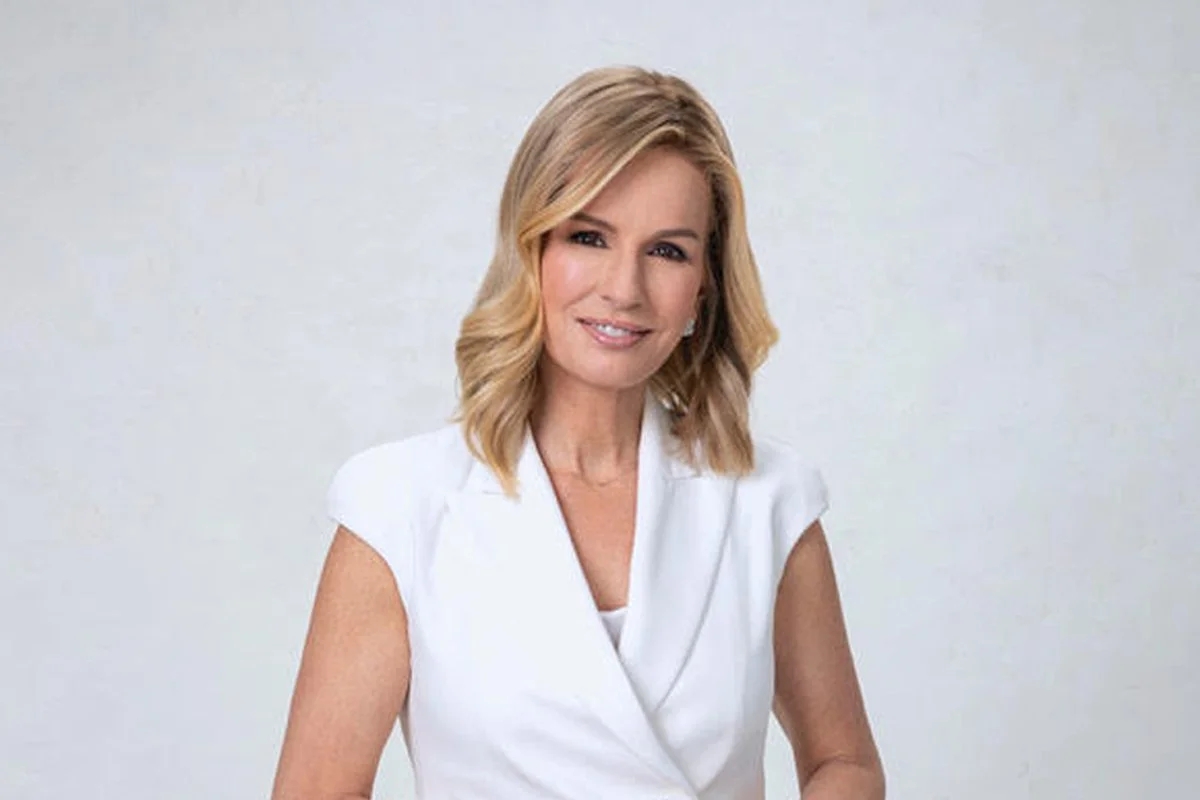Jennifer Ashton, M.D. is an impressively accomplished woman. An Emmy-award winning journalist serving as ABC News’ chief medical correspondent and co-host of GMA3: What You Need to Know (GMA3); additionally double board-certified physician specialising in both OB/GYN and obesity medicine with an MA degree in nutrition as a specialty; she even has her own nutrition website!
Ashton is the author of six books, such as her latest, “Life After Suicide”, “The Self-Care Solution” and “The New Normal”, has maintained her own medical practice, and recently launched Better magazine to discuss women’s health issues such as menopause, mental health, sleep apnea, skincare and weight management in an approachable way. Like HealthyWomen, Ashton shares information that empowers women with regard to wellness and nutrition matters; therefore we sat down with her to discuss why wellness must exist within both mind and body.
Below is our interview, edited for clarity and length.
HealthyWomen: Why is women’s mental wellbeing such an essential aspect of overall wellness?
Dr. Jennifer Ashton: Studies have consistently shown that women, particularly those over 40, have been significantly impacted by anxiety and depression since the Covid-19 pandemic. Women must take proactive measures in regards to their mental health; in case symptoms arise such as difficulty sleeping, sleeping too much, feeling anxious or worrying excessively – regular conversations should take place with healthcare providers if this is occurring.
Heart disease is the number-one killer of women in America and we should all take steps to lower our risks of it. Yet women must also be proactive about mitigating depression and anxiety risks – two common but treatable conditions.
Read: Nieca Goldberg, MD Discusses Heart-Health Awareness
As a practicing doctor, over the past three years I don’t believe there has been one patient who hasn’t expressed some degree of anxiety regarding their mental health issues.
HealthyWomen: Do you believe there’s still a stigma or unwillingness among women to speak openly about mental health?
Dr. Jennifer Ashton: If women feel intimidated to raise concerns about their mental health, it’s essential for them to realize the significance of attending to both sides – physical and mental health care are equally essential.
One of the largest challenges we face as a nation is how we view health and wellness. Human beings tend to struggle with moderation, swinging from extreme to extreme when it comes to mental health care – choosing between all-natural remedies or prescription medication when instead an holistic approach should be taken. If women require medication for anxiety or depression, I support their use. But in addition, they should also consult a mental health professional, practice mindfulness techniques and engage in some type of physical activity which will reduce it significantly. There’s no easy fix; we need to address both the root causes and potential treatments of each case of anxiety or depression and explore different avenues.
Read: 7 Habits That Will Improve Your Body and Mind
HealthyWomen: In your book “Life After Suicide,” you discuss experiencing anxiety at various points throughout your life, such as following the suicide of your former husband in 2017. How did you cope with and manage this feeling of helplessness?
Dr. Jennifer Ashton: When my ex-husband passed, I took prescription medication to keep myself upright for my children and avoid total collapse. Today, I relieve stress and anxiety through meditation each weekday morning; and if possible I try to fit some in during weekends too. Meditation has had an immense positive effect on my life, yet at times after I lost my ex-husband and during the pandemic, my anxiety levels became so great that I required medication on an individual basis to help treat it. For me personally, taking prescription drugs doesn’t feel any different than taking Tylenol for pain relief; anxiety and depression if left untreated can cause other physical and psychological health issues to surface as a result.
If a person suffers from severe anxiety on an ongoing basis, their bodies produce high levels of cortisol, epinephrine, adrenaline and norepinephrine which can contribute to damage in their brain, blood vessel system and immune system – potentially leaving them vulnerable against future health problems. Women can prevent further health complications by seeking early assistance for symptoms related to anxiety and depression.
HealthyWomen: What are some of the more frequently asked health-related questions or issues by women?
Dr. Jennifer Ashton: When it comes to women’s health concerns, the most frequently asked questions involve menopause, hormones, hair loss and weight/nutrition issues. As such, in 2013 I went back to college for my master’s in nutrition – becoming board-certified in obesity health medicine because so many women had queries on these areas. It’s great that more attention is being drawn towards menopause – in part due to society but also because many are living longer and healthier lives – making 50 the new 40 and 60 the new 60.
